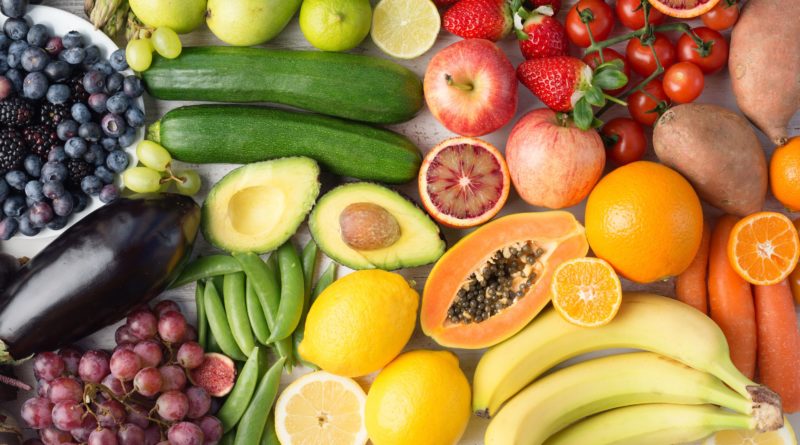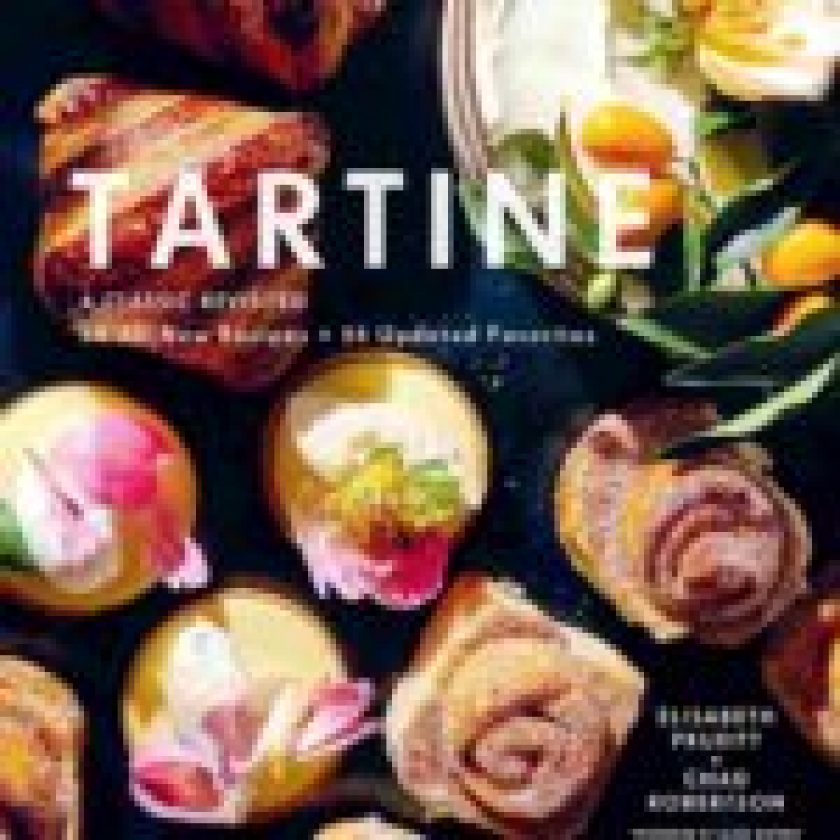Food is big business, especially the processed kind. That’s why it’s practically impossible to get the truth out of advertising when profit is the motive of driving most “health food” brands and companies.
But, this doesn’t mean we should stop striving for a clean, organic lifestyle. To help you on your journey to making healthy choices, here are five controversial foods worth looking into at Live Enhanced.
Dairy
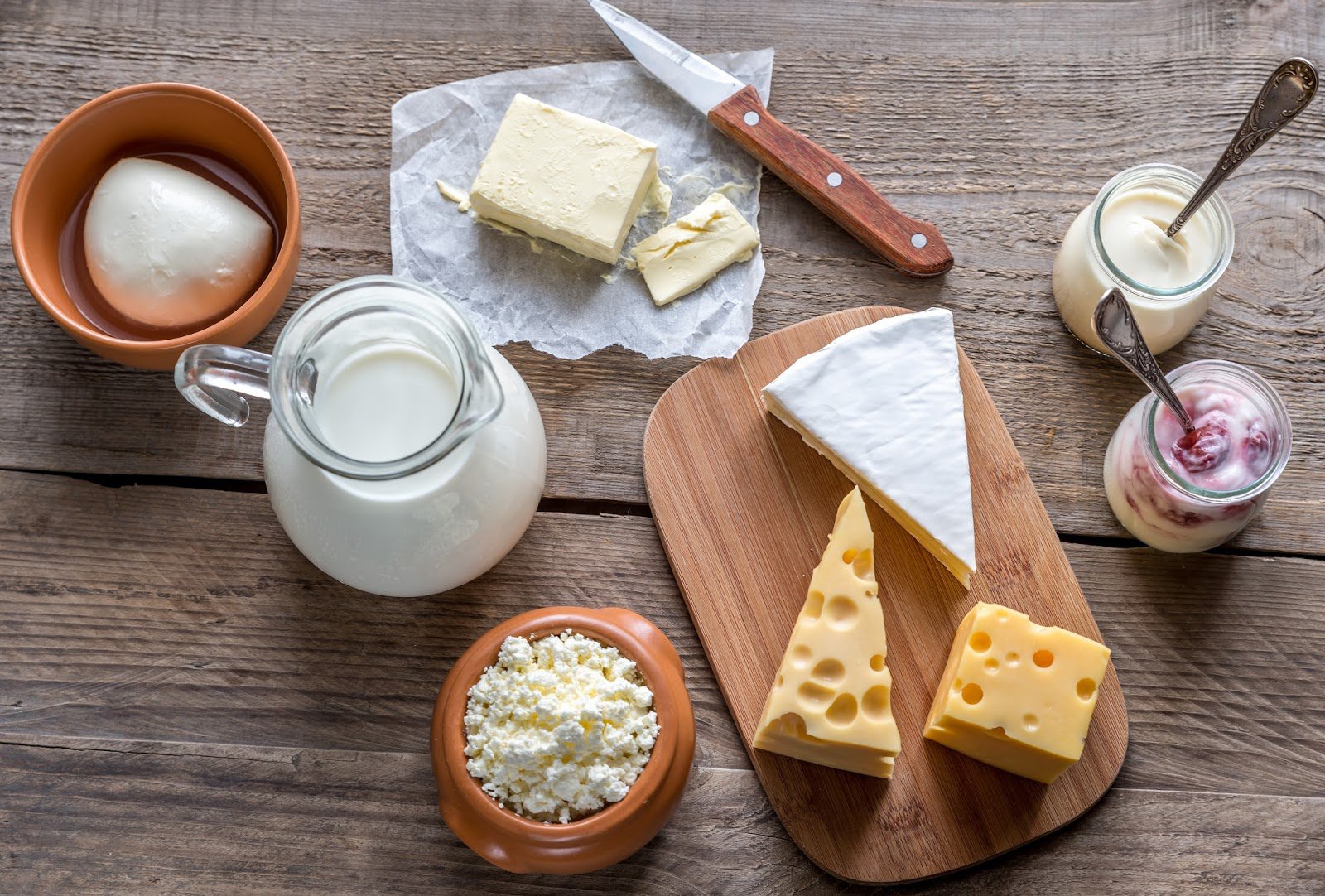
source: monashfodmap.com
Though milk and other dairy products are a fantastic source of calcium, many of the commercially produced varieties on the market contain massive amounts of hormones and chemicals that aren’t good for the body. The animals are fed genetically modified grains laced with pesticides, and the dairy products created from this can damage the gut lining.
Although frozen yogurt is marketed as a healthier alternative to ice cream, it’s actually packed with sugar, artificial colors, and other harmful ingredients.
The good news is that there are other food sources rich in calcium. In addition to milk, foods like rhubarb, spinach, black-eyed peas, okra, broccoli, and tofu all contain ample amounts of calcium.
Whole-wheat bread
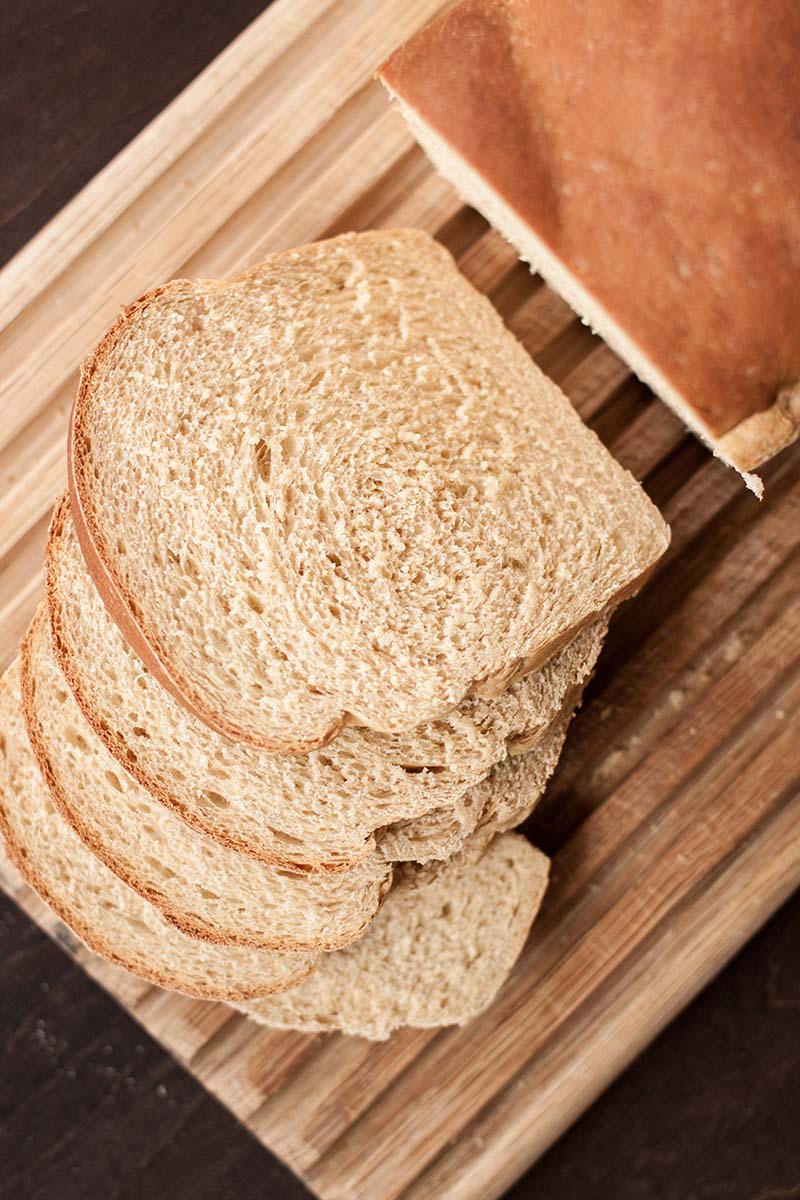
source: redstaryeast.com
Whole-wheat bread is a popular option for health-conscious foodies who enjoy the odd sandwich. However, what most people don’t know is that whole-wheat bread manufacturers use a harmful dough conditioner known as azodicarbonamide.
Not only is this chemical banned in Europe and the APAC region, but it has also been shown to cause asthmatic symptoms and allergies. What you can do is switch to Ezekiel bread instead, which is made from whole grains that are easier for the body to digest.
Agave
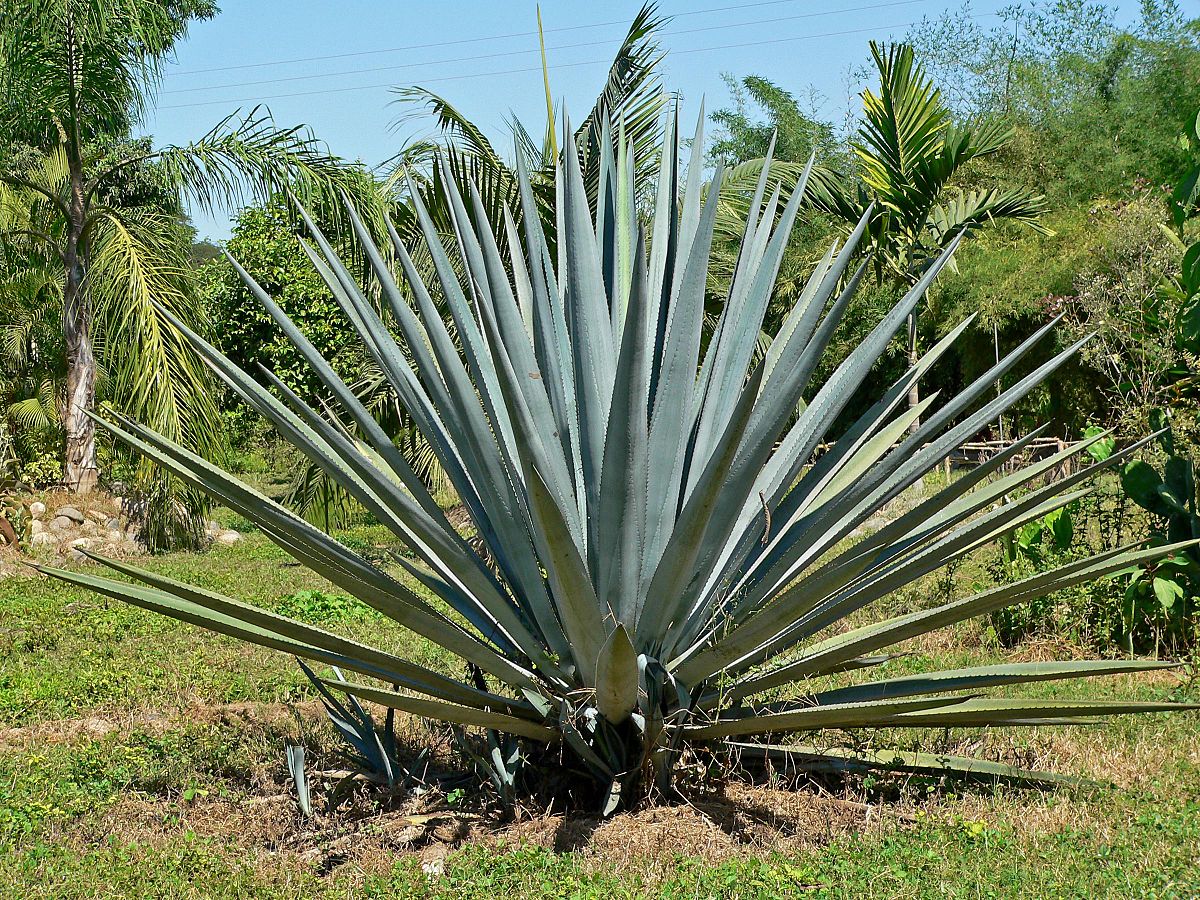
source: wikimedia.org
Agave nectar has the raw vegan community to thank for its popularity as a healthy sugar alternative. Because it is liquid-based, agave has replaced honey in a lot of desserts, juices, and sweets. This is bad news because fructose goes straight to your liver, promoting visceral fat production around the midsection. *9+
If you’re looking for a healthy alternative, coconut palm sugar comes straight from the coconut tree and has all the minerals and vitamins of the fruit itself. It’s a 1:1 substitution for sugar and has a low glycaemic index, making it a great alternative for people on the diabetic spectrum. As a bonus, coconut sugar has a rich, caramelized flavor that enhances any dish it’s added to.
Sports drinks
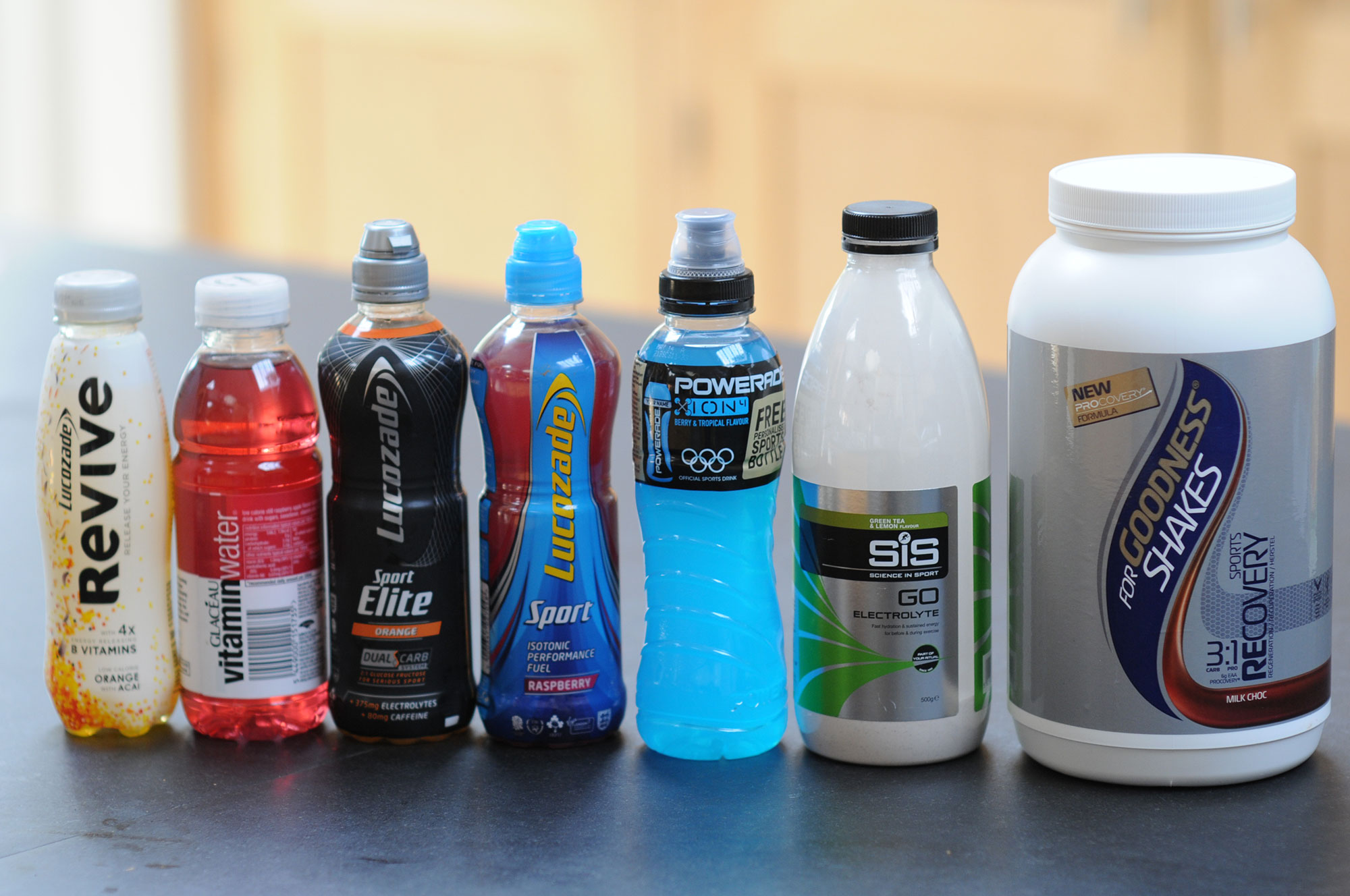
source: cabernetsports.net
Parents often give electrolyte-packed sports drinks to their kids when they’re sick, and they are a post-workout staple for many athletes. However, they are some of the worst beverages you can consume because of the large amounts of sugar, chemicals, and salt they contain.
Until recently, many sports drinks contained an abominable ingredient called brominated vegetable oil (BVO) which is a flame retardant.
For best results, look to nature for electrolytes. Locally harvested raw coconut water is best. Another really great electrolyte-booster is celery. You can juice it, add it to soups, or eat it fresh.
Chia seeds can soak up a lot of water, so eating chia seed pudding for breakfast can be a great way to stay hydrated throughout the day.
Almond milk
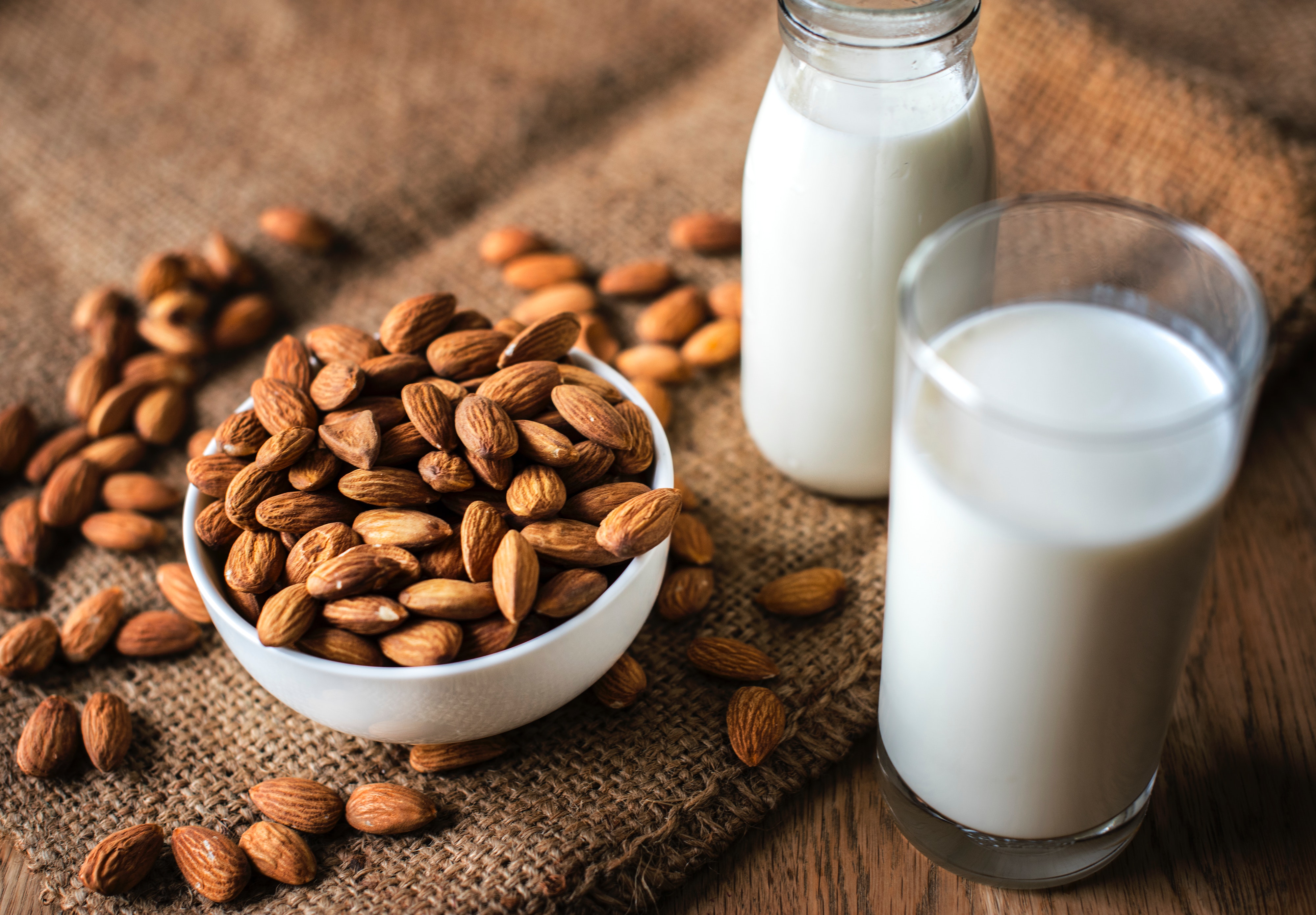
source: happyislandvegan.com
Almond milk is an easy-to-digest, lactose-free milk substitute that’s made from almonds and water. Sounds simple enough.
The only problem is that an increasing number of manufacturers are now adding an ingredient called carrageenan which can disrupt the health of your GI tract. For some people, this can lead to gastrointestinal issues like irritable bowel syndrome and bloating.
To protect your health, be sure to check the ingredients of any packaged foods you’re considering bringing into your home.

